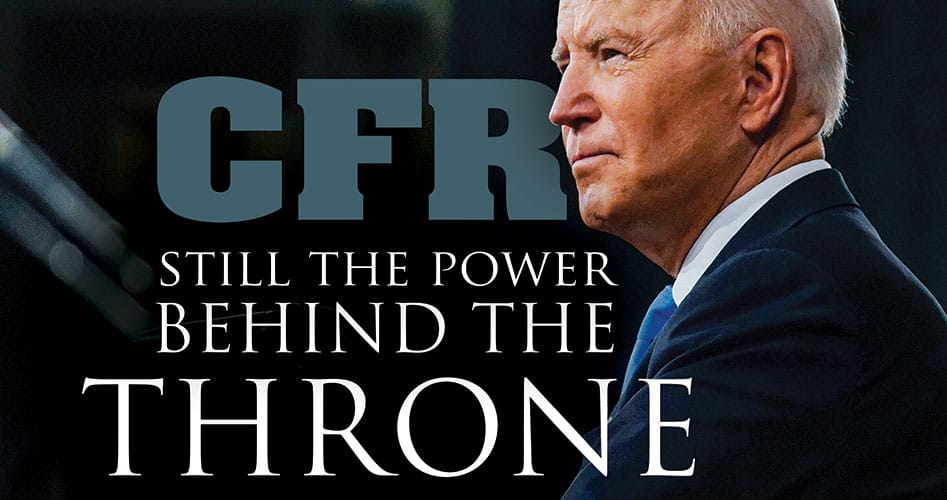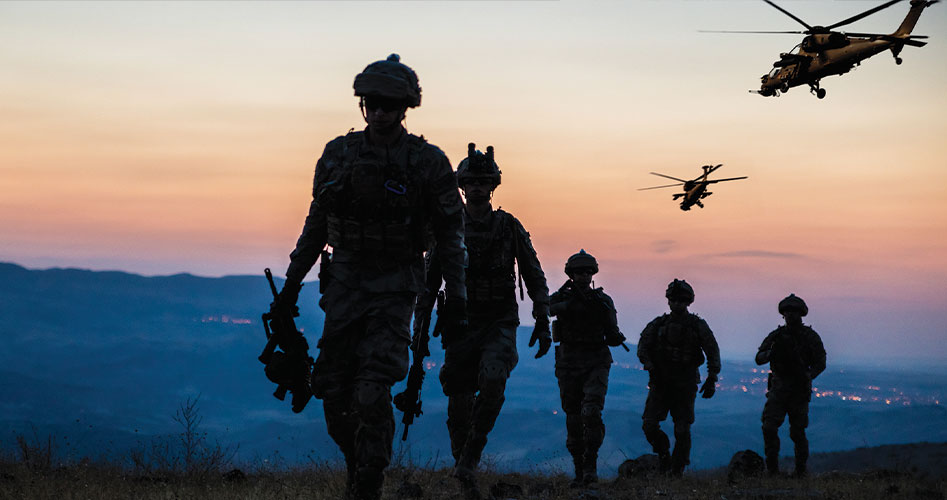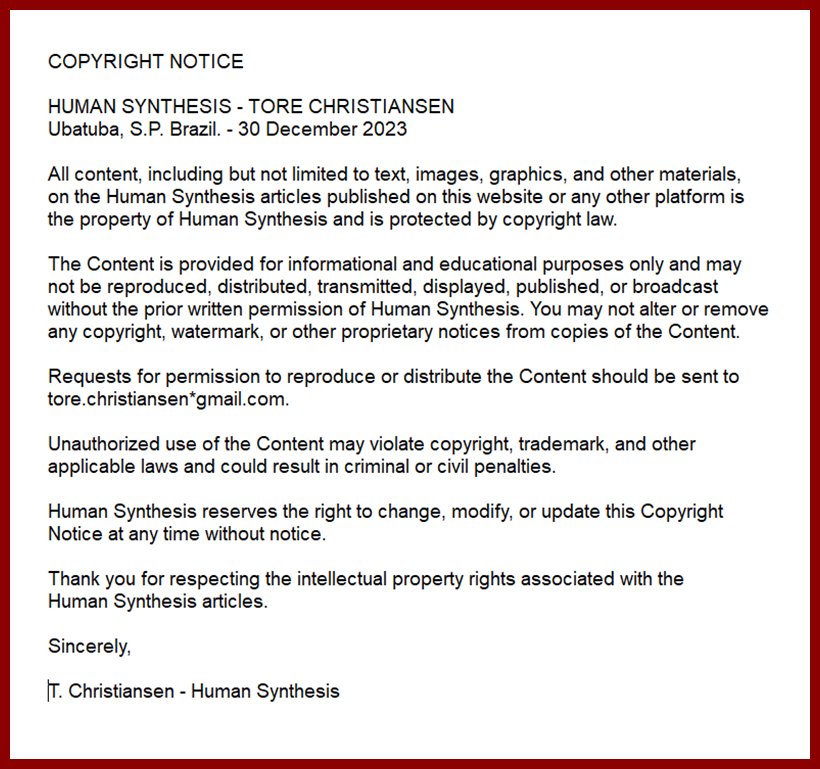CFR: Still the Power Behind the Throne

By The New American - William F. Jasper - 06/07/2021
For a century, the globalist Council on Foreign Relations has been the “power behind the throne” in U.S. politics. This tradition has continued under the Biden administration.
2021 is a big year for the Council on Foreign Relations (CFR), an organization that often is heralded as the most influential think tank in America, if not the entire world. Prominent on the Council’s website (cfr.org) is its centennial page, “Celebrating A Century,” a self-congratulatory promo of the organization’s accomplishments over the past hundred years. The promotional features an impressive cavalcade of pictorials, videos, and articles showcasing the Council’s worldly influence and power, as demonstrated by the hundreds of presidents, prime ministers, princes, potentates, politicians, kings, diplomats, and dictators — including mass-murderers — who have graced the organization’s meetings, and/or have written for its famed journal Foreign Affairs.
The CFR does indeed wield unparalleled influence in political, financial, business, media, and academic circles, and is regularly showered with accolades by “the great and the good.” It is the public face, the brain trust, and the central nervous system of what critics refer to as the Deep State — the unelected “permanent government” that has hijacked our country.
In April 1945, just days before the end of World War II, Secretary of State Edward Stettinius journeyed to Pratt House, the CFR’s headquarters in New York City. He had come, he said, to “bear witness, as every Secretary of State during the past quarter of a century, to the great services and influence of this organization in spreading knowledge and understanding of the issues of United States foreign policy.” Every secretary of state since then has continued the tradition. As you will see in the accompanying table showing CFR influence in the State Department (pages 26-27), Secretary Stettinius and almost every one of his successors — until the Trump administration — has been a member of the Council. And now, with the enthronement of Joe Biden, that CFR control of the State Department has resumed, with CFR member Antony Blinken taking over as secretary, and a bevy of Council members filling out the top posts at State and in the rest of the Biden Cabinet.

guvendemir/E+/GettyImagesPlus
The Deep State and Our Military
The treacherous actions of top U.S. military leaders over the past four years reflect the dangerous influence acquired by the Council on Foreign Relations during a century of subversion. ...William F. Jasper
In 1996, the Council on Foreign Relations (CFR) published Continuing the Inquiry: The Council on Foreign Relations from 1921 to 1996,by Peter Grose. It was reissued a decade later, in 2006, with a new foreword by CFR President Richard N. Haass. Although essentially a hagiography of the organization, this short book provides revealing glimpses into important hidden history, including the CFR’s seduction, corruption, and commandeering of much of the leadership of our country’s military services. The Inquiry, to which the book’s title refers, is the name taken by a secret group, numbering about 150 individuals, composed primarily of Wall Street financiers and their hired lawyers and Ivy League academicians, formed toward the end of the First World War. The moving force behind the Inquiry was “Colonel” Edward Mandell House, President Woodrow Wilson’s mysterious advisor. House had never served in the military; his military title was an honorific bestowed on him by a Texas governor as patronage for House’s aid in his gubernatorial campaign. Colonel House exercised a Rasputin-like control over Wilson, who referred to him as “my second personality,” “my independent self,” and “my alter ego.”
When President Wilson sailed for the Versailles Peace Conference in 1918, a large contingent of Inquiry members sailed with him. House and other Inquiry members had already arrived in Paris ahead of him. Confirmed internationalists, Inquiry members played key roles in drafting the Versailles Treaty and the charter of the proposed League of Nations, their attempt at creating an embryonic world government. “The vision that stirred the Inquiry,” writes Grose in the opening page of his book, “became the work of the Council on Foreign Relations over the better part of a century.” Indeed, it did. When the U.S. Senate rejected the Covenant of the League of Nations because of the obvious threat it posed to our national sovereignty, the globalists of the Inquiry formed a permanent organization to carry out a long-term program to capture institutional levers of power and to transform American attitudes in favor of their New World Order. Bringing the U.S. military to heel would be essential to this scheme. Thus began a parade of military officers to the Harold Pratt House, the CFR’s headquarters in New York City, for indoctrination in Globalism 101.
“In 1962 the Council had initiated a program to bring selected Air Force officers, on their way to flag rank, to the Harold Pratt House for a year of research and reflection with their civilian counterparts,” Grose writes. “This became a pilot project, with no intent at pun, and succeeded to the extent that the Army, Navy, and, eventually, Marine Corps asked for and received similar access.” He notes that a few years later, in 1967, the Rockefeller Brothers Fund invited the Council to devise a similar fellowship program for promising scholars aged 27 to 35 from university faculties and the civil service. “Over the coming decades, with each year’s Military Fellows and civilian International Affairs Fellows, plus visitors from the expanding Committees across the country, the corridors of the Harold Pratt House awoke to curiosity and youth, to stimulate the thought habits of the mature members.”
